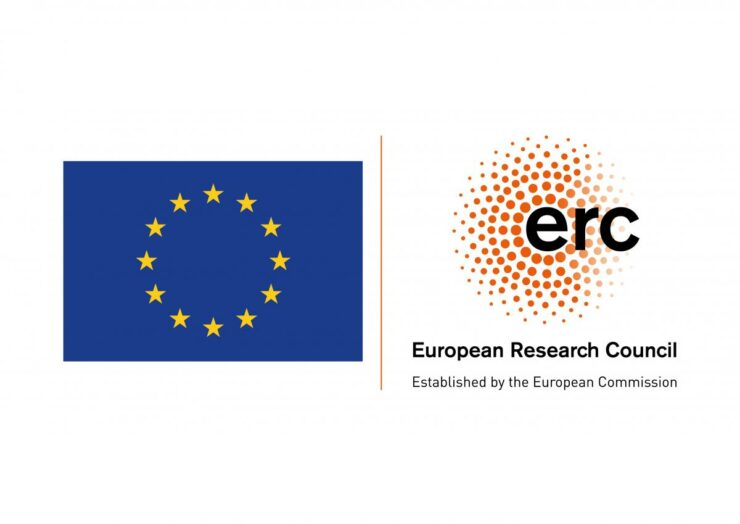Events
Online seminar on the Political Theory of the Corporation
Did you miss the seminar? Click here to watch the recording.
Abstract
In the first session of the online spring series, we explore possible approaches to the project of creating a ‘political theory of the corporation’. Looking at corporations through a political (rather than, say, a purely economic) lens, raises many important questions: What does it mean to say corporations are political actors, both theoretically and in practice? Which theoretical lenses are most helpful to consider this problem? What criteria or values can we use to evaluate the political standing and influence of corporations? Do we need new forms of regulation to control corporate power? If so, which directions of reform are most promising?
Speakers
Prof. David Ciepley
David Ciepley is an Associate Fellow of the Institute for Advanced Studies in Culture at the University of Virginia, and Global Horizons Fellow at the Swedish Collegium for Advanced Study in Uppsala, Sweden. He is the author of “Beyond Public and Private: Toward a Political Theory of the Corporation” (APSR 2013), and “Is the U.S. Government a Corporation? The Corporate Genesis of Modern Constitutionalism” (APSR 2017).
Prof. Luigi Zingales
Luigi Zingales is a distinguished service professor of entrepreneurship and finance at the Chicago Booth School of Business, and is or has been active as a (research) fellow, member or director of several disciplinary centers and associations. His research interest span from corporate governance to financial development, from political economy to the economic effects of culture.
Prof. John Mikler
John Mikler is Associate Professor in the Department of Government and International Relations at the University of Sydney. His research interests revolve around global corporate power, institutional variations in capitalism, and globalization. In addition to journal articles and book chapters, he has also published five books, including The Political Power of Global Corporations (Polity Press, 2018), and (co-)edited collections such as The Handbook of Global Companies (WileyBlackwell, 2013) and MNCs in Global Politics: Pathways of Influence (Edward Elgar 2020).



